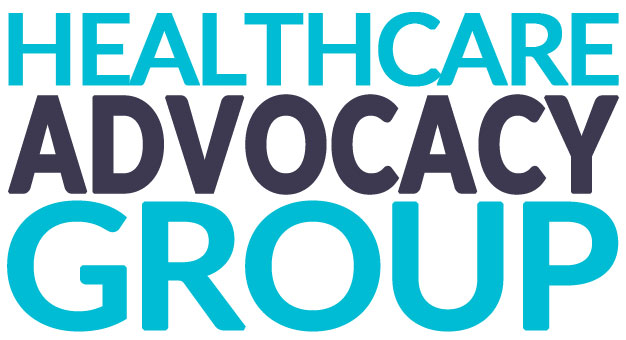BRAIN INJURIES
In most cases, a traumatic brain injury (TBI) is caused by an accident, such as a fall or a car crash that causes a blow or jolt to the head. The consequences of a TBI may be mild and temporary (confusion or brief loss of consciousness), moderate or severe. Some brain injuries cause permanent disability or death.
In recent years, there has been much focus on concussions suffered in sports and recreation. A concussion is a mild form of TBI that may heal over time with rest but which may have lasting complications, which include leaving victims more vulnerable to additional concussions if they suffer subsequent head injuries.
If a TBI has resulted from an accident caused by another person or organization’s negligence, the victim may be able to obtain compensation for medical expenses, lost income, pain, suffering and other losses.
The Damage Done by TBI
A TBI may be mild – such as a concussion – or it may be moderate or severe. Concussions, which may involve loss of consciousness, usually heal with a few weeks of rest. Severe TBIs involve brain damage that causes more serious, lasting problems such as:
- Cognitive deficiency (learning, judgment, memory, communication, etc.).
- Emotional and behavioral changes (depression, mood swings, outbursts, etc.).
- Changes in sensory perception (sight, hearing, taste, etc.).
Brain injury victims may get better with proper medical care, rehabilitation and counseling. But in some cases, victims of severe TBI are totally disabled and can develop degenerative brain disease that leads to a premature death.
The Brain Trauma Foundation says about 1.5 million TBIs are treated in emergency rooms every year and about 52,000 brain injury victims die each year.
Common causes of TBI include:
- Falls. A blow to the head in a fall is the leading cause of TBI. The Centers for Disease Control and Prevention (CDC) indicates that falls account for about 40 percent of all TBIs in the United States that result in an emergency room visit, hospitalization, or death. Elderly adults and young children are more likely to suffer a TBI in a fall, but anyone can slip or trip and fall on a wet floor in an office building, because of a spill or clutter in a store, or because of a pothole or a loose paving stone on a sidewalk, for example.
- Car, truck, and motorcycle accidents. Motor vehicle crashes are the third-leading cause of head and brain injuries, but the second-leading cause of fatal TBIs, according to the CDC. Car, truck, and motorcycle wrecks are the leading cause of hospitalizations for TBI among people age 15 to 44 years old.
- Sports and recreation. The CDC has reported a sharp increase in sports- and recreation-related TBIs (mostly concussions) over the last decade, particularly in bicycling, football, playground activities, basketball, and soccer. The CDC says emergency rooms treat more than 173,000 TBIs each year among children and young adults up to age 19 who were injured while participating in sports and recreation.
- Occupational injuries. Many TBIs occur in accidents related to the victim’s job duties. The Brain Injury Institute says about 20 percent of TBI-related workplace injuries occur from falls or from being struck against or by objects, such as something that falls onto a worker. Falls that result in TBIs are most common in the construction, transportation, agriculture, forestry, fishing, and emergency medical services industries.
After a Concussion
Children and teens are more likely to get into accidents that cause mild traumatic brain injury (MTBI), or concussion. Adults who play sports or take part in other recreational activities risk concussion as well.
Athletic directors, coaches, and others have begun to recognize the risk of TBI among young athletes, who take longer to heal than adults. Many states have adopted laws pertaining to the management of concussion and head injury in youth sports, including Washington State, which passed the Zackery Lystedt Law in 2009.
A student athlete in Washington who is suspected of suffering a concussion or head injury must be removed from the game or practice and may not return to play until he or she has been evaluated by a qualified licensed health-care provider who provides clearance to play.
Physicians and other care providers should take care to properly and effectively examine and diagnose the symptoms of concussion. Having suffered one concussion makes the victim more susceptible to additional concussions, which can lead to significant, lifelong impairment.
Health-care professionals treating a concussion victim should not be swayed by entreaties from coaches, parents, the athlete, or others to release an athlete who has not healed. The same holds for treatment of concussions suffered in the workplace or by any other student or adult who has suffered an MTBI. Care must be taken before allowing the injured person to return to activities that may exacerbate an underlying brain injury that has not healed.
Have You Been Injured? We Are Here To Help!
Contact Us Today!
Fill out the form below, or contact us directly at (713) 952-2500.


